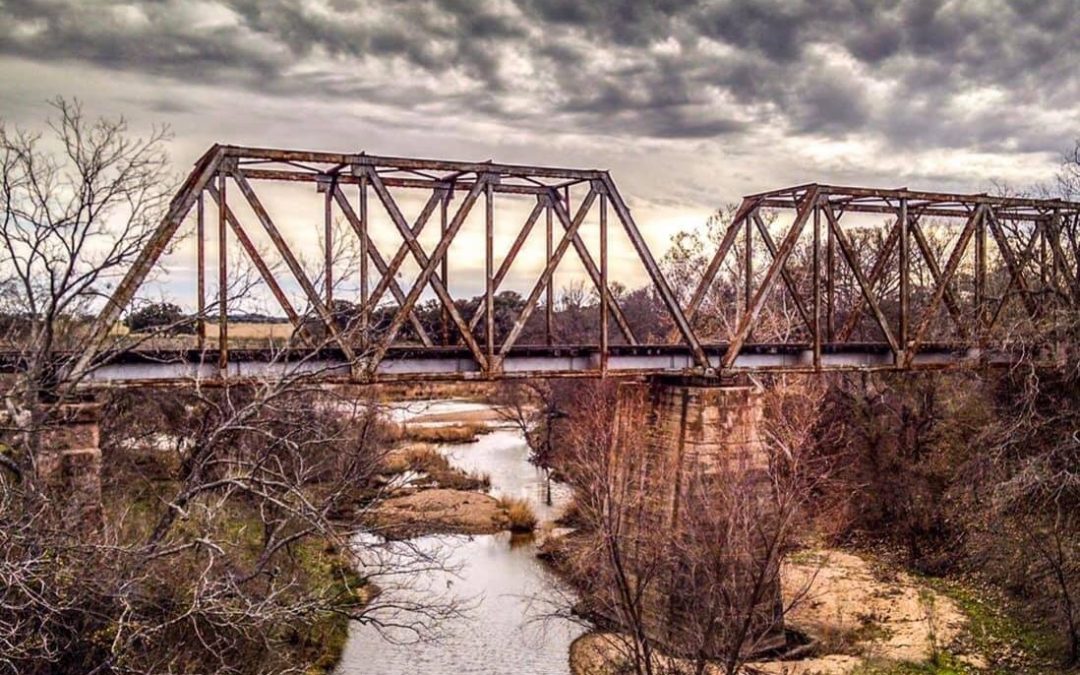By Emily Hilley-Sierzchula – Published October 27, 2021
Highland Lakes residents who spoke during a recent Lower Colorado River Authority board meeting urged directors to be cautious while creating a new commercial dredging ordinance.
At its Nov. 17 meeting, the LCRA Board of Directors will consider whether to adopt the proposed Highland Lakes Dredge and Fill Ordinance (HLDO). The 15 directors also will decide on proposed changes to the existing Highland Lakes Watershed Ordinance (HLWO).
The HLDO is “a solution in search of a problem,” said Cliff Kaplan, program director for the Hill Country Alliance, at the LCRA board meeting on Oct. 20. “Tier III is the issue here because it opens up the lakes to industrial mining. The lakes have been managed under Tiers I and II for their entire history without industrial aggregate mining.”
In the 37-page HLDO, Tier III is defined as “any commercial dredge and fill activity.” Tiers I and II include one-time and small-scale dredging projects.
The LCRA received 104 written comments concerning the proposed dredging ordinance, according to Clara Tuma, public information officer, on Monday.
“LCRA staff members are reviewing the comments now,” Tuma said. On Feb. 24, the LCRA board instituted a one-year moratorium on commercial dredging on the Highland Lakes – effectively put the brakes on a controversial sand mining operation proposed on Lake LBJ—after determining the provisions regulating dredging in the HLWO did not adequately address large-scale commercial activity such as the Kingsland Sand & Gravel Plant.
Last year, Marble Falls based Collier Materials, Inc., announced its intention to construct the Kingsland Sand & Gravel Plant. The proposal prompted the outrage of nearby residents who expressed concerns ranging from environmental, property values, recreational and traffic safety along County Road 309.
If approved, the HLDO would take effect on Jan. 1, 2022.
More questions than answers
Many questions were raised during the public comment period at the Oct. 20 board meeting in Austin.
“We need to make sure we take a close look at this, because it’s a big deal to open this Pandora’s Box,” said Sharon Moore, Save Lake LBJ board member.
She read aloud a portion of the Texas Constitution that concerns conservation of natural resources and the LCRA’s mission statement that reads, in part: “to enhance the quality of life of the Texans we serve through water stewardship…”
“I ask you today, in the (Texas) Constitution and in your own mission statement, where are you reading a need for…the industrialization and the commercialization of our lakes,” she asked, rhetorically. “When did it become LCRA’s mandate to let someone destroy our lake so they can make a lot of money? Any commercial dredge and fill activity seems inconsistent with, or contrary to, the LCRA’s mission statement.”
Another Save Lake LBJ board member, Virgil Yanta, spoke during an LCRA committee meeting on Oct. 19.
“I’m optimistic that they realize that the vast majority of people who live and use the waters within LCRA’s jurisdiction are opposed to ruining those waters,” Yanta told the News on Friday. “That’s the bottom line.”
Full article published October 27,2021 and shared with permission of Llano News. Read more from the Llano News here.

